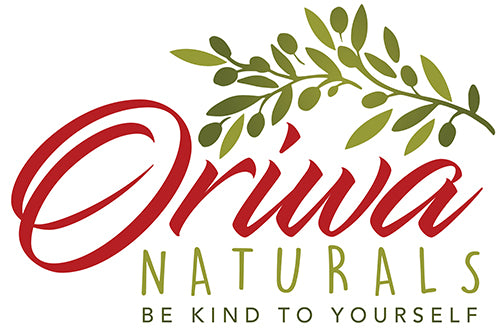'Every year, we unknowingly absorb around 2 kilograms of chemicals from beauty and cosmetic products!'
In our fast-paced world, we often reach for beauty and cosmetic products without giving much thought to their ingredients. We stick to familiar brands we love, assuming they are safe and effective. However, the truth is that many of these products contain chemicals that can be harmful to our health. From lipsticks to lotions, these everyday items can expose us to potentially dangerous
substances. It's time we take a closer look at the ingredients lurking behind the glitzy packaging and clever marketing to make informed choices about what we put on our bodies.
Every year, we unknowingly absorb around 2 kilograms of chemicals from beauty and cosmetic products. These chemicals, found in items like lipsticks, lotions, and hair dyes, have been linked to serious health issues such as tumors, cell mutation, allergies, reproductive complications, endocrine disruption, and even cancer. This alarming reality begs the question: Shouldn't we pay more attention to the ingredients in our favorite eye shadows, body washes, and deodorants?
The Importance of Reading Labels
Don't be deceived by product names or alluring descriptions. The key to understanding what goes into your cosmetics lies in reading and comprehending the labels. By doing so, you can truly grasp the components of the products you use, their benefits, and most importantly, their safety.
Cosmetic labels include an INCI list, which stands for "International Nomenclature of Cosmetic Ingredients." This system uses scientific nomenclature to name ingredients. While some names may sound intimidating, not all complex-sounding ingredients are harmful. For instance, there are common or naturally derived ingredients with complicated names that serve essential functions and are entirely safe to use. Learning to distinguish between harmful and harmless ingredients is crucial.
The order of ingredients listed on the label matters. They are arranged in descending order from the highest to the lowest concentration in the product. If a product claims to contain a beneficial ingredient but lists it at the end, chances are it contains only a negligible amount, rendering it ineffective. Watch out for products with misleading claims.
At the end of the INCI list, you'll find allergens, which are constituents of natural essential oils or synthetic fragrances. Familiarize yourself with common allergens to avoid any adverse reactions.
Valuable Resources for Education
There are numerous resources available to help you decode INCI names and better understand cosmetic ingredients. Websites like Skin Deep, Cosmetics Info, and Paula's Choice offer insights into individual ingredients and products.
If you prefer printed material, "A Consumer's Dictionary of Cosmetic
Ingredients, 7th Edition" by Ruth Winter and "Toxic Beauty: The Hidden
Chemicals in Cosmetics and How They Can Harm Us" by Dawn Mellowship
are excellent reads.
The Palm Oil Predicament
In our efforts to protect our planet and its precious rainforests, it's essential to avoid products containing palm oil. The ingredient may hide behind various names on labels, making it difficult to spot. Familiarize yourself with these names to make informed choices.
INGREDIENTS: Vegetable Oil, Vegetable Fat, Palm Kernel, Palm Kernel Oil, Palm Fruit Oil, Palmate, Palmitate, Palmolein, Glyceryl, Stearate, Stearic Acid, Elaeis Guineensis, Palmitic Acid, Palm Stearine, Palmitoyl Oxostearamide, Palmitoyl Tetrapeptide-3, Sodium Laureth Sulfate, Sodium Lauryl Sulfate, Sodium Kernelate, Sodium Palm Kernelate, Sodium Lauryl Lactylate/Sulphate, Hyrated Palm Glycerides, Etyl Palmitate, Octyl Palmitate, Palmityl Alcohol
CONTAINS: Palm oil
If you're looking for a safer alternative, Oriwa Naturals is a brand that uses 100% natural products, with a preference for organic ingredients whenever possible. Our main ingredient is high-quality Extra Virgin Olive Oil, sourced from a grove practicing biodynamic principles with no harmful sprays. Additionally, their other ingredients are responsibly sourced, with a commitment to fair trade agreements and a firm stance against using palm oil.
Conclusion
Taking the time to understand the ingredients in your cosmetics can have a significant impact on your health and the environment. By reading labels, educating yourself on INCI names, and recognizing misleading claims, you empower yourself to make informed choices about the products you use. Embrace brands like Oriwa Naturals that prioritize safety and sustainability, and together, let's pave the way for a healthier and greener future.

